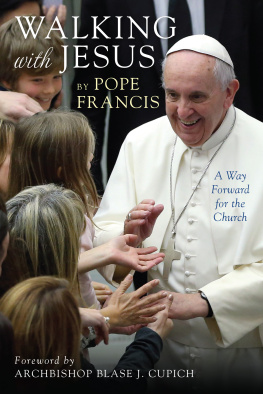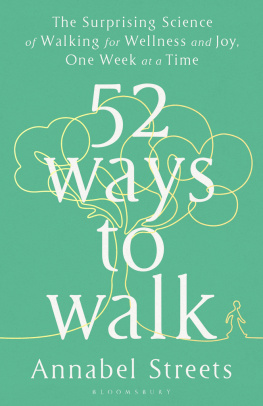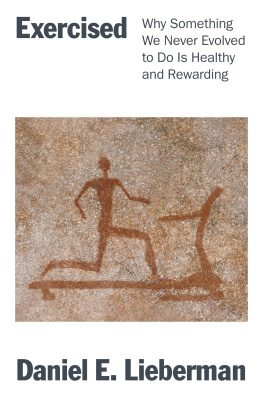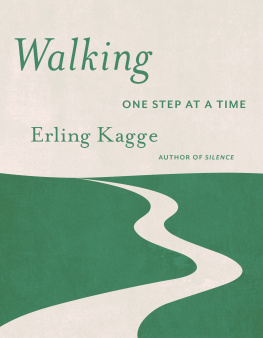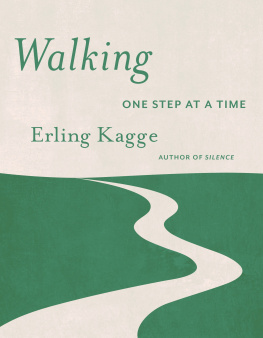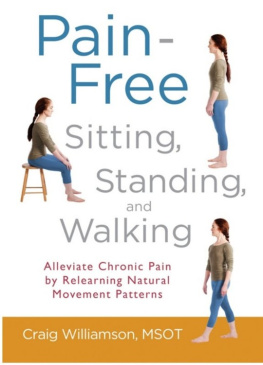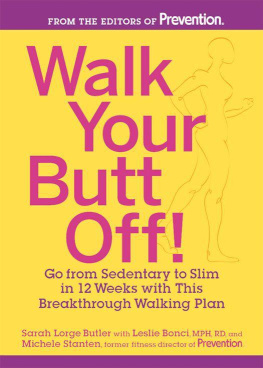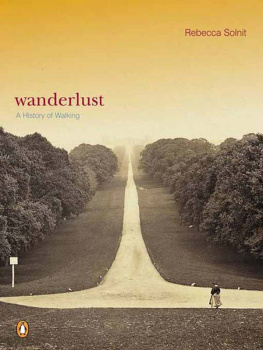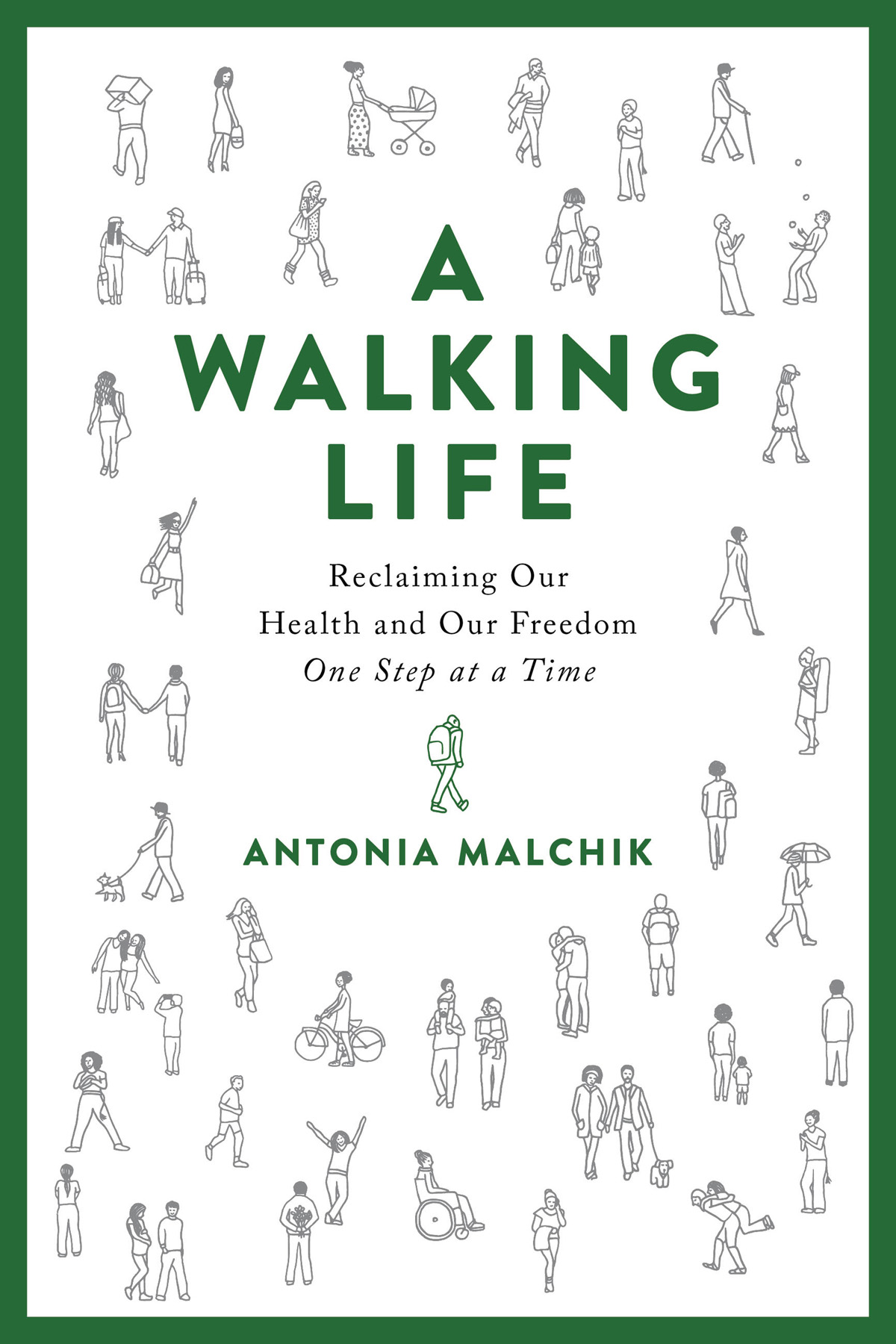Cover copyright 2019 Hachette Book Group, Inc.
Hachette Book Group supports the right to free expression and the value of copyright. The purpose of copyright is to encourage writers and artists to produce the creative works that enrich our culture.
The scanning, uploading, and distribution of this book without permission is a theft of the authors intellectual property. If you would like permission to use material from the book (other than for review purposes), please contact permissions@hbgusa.com. Thank you for your support of the authors rights.
Published by Da Capo Press, an imprint of Perseus Books, LLC, a subsidiary of Hachette Book Group, Inc.
The Hachette Speakers Bureau provides a wide range of authors for speaking events. To find out more, go to www.hachettespeakersbureau.com or call (866) 376-6591.
The publisher is not responsible for websites (or their content) that are not owned by the publisher.
How choice and rich they be.
My guide and I are leaving Africa the way our forebears did during the Pleistoceneon foot. It was that primordial diaspora that made the world ours, that made us truly human.
P AUL S ALOPEK , January 21, 2013, first dispatch from his multiyear Out of Eden Walk
A STORY WAS WALKING WEST.
In the damp, early hours of September 5, 2015, young men began appearing in the tiny Austrian town of Nickelsdorf. Exhausted and footsore, they were walking the last stretch of an epic, heartbreaking journey through a nondescript parking lot that led off the road. Young women came behind them, then families, and, finally, those in wheelchairs.
All of the people streaming into Nickelsdorf were war refugees. Theyd come from cities that had been centers of culture and commerce for thousands of years before the Roman Empire was even thought of, cities that were shaped by centuries of conquest, tradition, and progress; and they came from rural soils that had given birth to the first human agriculture.
Bethany Bell, a reporter for the BBC, had been waiting for this story for months, through late August and early September 2015. She reported on the migrant crisis as wave after wave of Syrian war refugees piled into the train station in Budapest, Hungary, hoping to cross the border into Austria. Along with journalists from The Guardian, The New York Times, Le Monde, Deutsche Zeitung, and publications from all over the world, she waited while the governments of Germany, Hungary, and Austria bent to xenophobia, nationalism, and the strong countering wind of human compassion, wrangling back and forth about what to do with the now-countless refugees fleeing the war that was devastating their homeland.
When word filtered to Budapest that Germany would accept the people and their attendant needs, some of the exhausted thousands waited for buses, but others did what any one of us billions of humans might do in their situation: they stood up in the darkness and drizzle and began walking. A hundred miles from Budapest, they crossed the border into Austria.
Along with reporters waiting at Nickelsdorf, the Red Cross stationed itself to greet the refugees. They handed out food, clothes, and water. But what the people wanted most was shoes. Their footwear by that time had become worn-out and inadequate to the monumental task they were given. In between interviewing refugees, Bell took pictures of bedraggled shoes and a prosthetic leg abandoned on the pavement. Another pile of donated shoes waited to be put to use: teenagers tennis shoes, womens dress shoes, high-top childrens sneakers, black rain boots, polka-dotted rain boots, pink rain boots with red hearts. Aids we use to help us navigate this world on our feet.
Bell described the scene that Saturday morning in 2015 as imbued with an unexpected sense of hope, despite the horrific causes of the refugees arrival. Which country are we in now? the young men asked. On being told they were in Austria, they cheered. The families came much more slowly, far behind. I want my son to grow up in a place without war, an engineer told Bell of his decision to leave his beloved Damascus with his teenage son.
A sense of hope, said Bell, and, she told me, for me there was something deeply human in it. For all the things we create for ourselves, the homes we build, the lives, sometimes you just have to walk away.
Walking is both our first step and last resort when fleeing war or persecution. Our feet dont need access to gas stations fed by fuel pipelines, or electric rails, or even roads, all the manufactured boundaries that structure how we maneuver through our physical space. The highways are bombed, the trains arent running, and suddenly questions of borders and gridded networks of transportation lose relevance. A refugee doesnt have the luxury of restraining his step with respect to political margins. Through our feet, we are reminded that the planet is a whole thing, and that we are animals evolved to traverse it with a sure step and elongated spines.

H UMANS EXIST WITHIN moments and days, the short spans of our lifetimes, in which we see our homes and communities, our national borders, as immovable realities. We forget how wide-roaming our species has been across this living planet, how often violence or starvation or environmental devastation has uprooted us and driven us out, how many miles weve walked in search of hope or adventure or safety, how very large our story is when told by the way we amble across the earth, set loose by the freedom of our feet.
Walking is essential to our physical health and creativity, to childrens brain development, to mental well-being throughout our lives, and to our understanding of our place in the world. Walking is not, can never be, just about burning calories or counting steps. Its an ancient act evolved over millions of years and is deeply integral to our sense of belonging, both physically and psychologically.
But driven by a combination of a car-centric culture and an insatiable thirst for productivity and efficiency, we have been designing walking out of our lives for nearly a hundred years. Losing walking might seem the stuff of science fiction, but the fact is that most Americans lack access, time, and often the desire to walk even the bare recommended minimum of thirty minutes a day. Were busy people. We have things to do and places to go, and we need to do those things and get to those places fast. And we think about walking so little that it might seem arbitrary, a small, creaky, slow thing in a world of big human concerns and urgent human needs, but the stark truth is that if we lost our ability and right to walk, the results would be devastating. The loss of walking as an individual and a community act has the potential to destroy our deepest spiritual connections, our democratic society, our neighborhoods, and our freedom.


